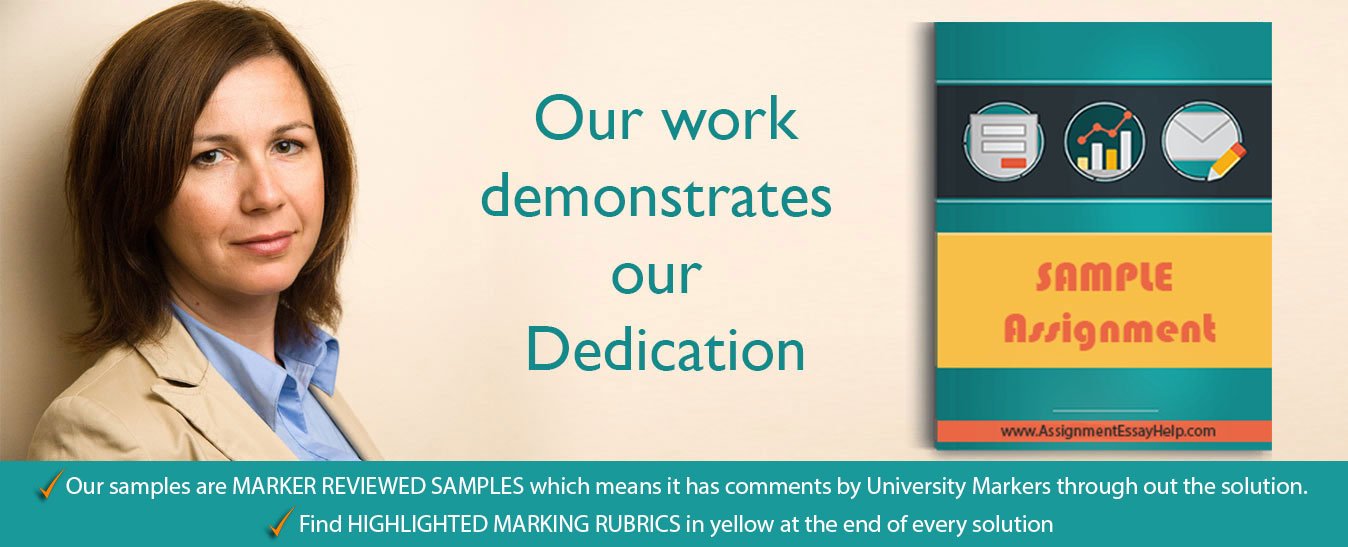
You can download the sample Management essay Critical & Study Case Analysis on Project Management with the following question for free at the end of this page. For further assistance with Management Assignment help, please check our offerings in Management assignment solutions. Our subject-matter experts provide online assignment help to Management students from across the world and deliver plagiarism free solution with a free Turnitin report with every solution.
(AssignmentEssayHelp does not recommend anyone to use this sample as their own work.)
Business Management Question
Part 1
Have you described an ethical or moraldilemma? Make sure it is anethical or moral dilemma and not something else. If you are unsure look at the Readings and Activities in Module 1 again
Part 2
Have you applied ethical theories to analyze the event? If you are unsure look at the Readings and Activities in Module 2 again
Part 3
Have you reflected back on your original decision in Part 1?
If you are unsure look at the Readings and Activities in Module 3 (Especially the parts that refer to Reflection)
Business Management Solution
Ethical dilemma at workplace
An ethical dilemma can be a complex situation involving conflict between the moral imperatives of an individual (Dion, 2012). One such experience happened in my workplace. I am Steve, and I work as a marketing associate for TESCO – the retail giant in the UK. We are a team of 5 members who are responsible for creating marketing campaigns for the company and promote TESCO amongst its customers. Our work begins with understanding the current perception of customers on TESCO stores and products, conducting surveys, and evaluating customer awareness on TESCO schemes, etc. This requires us to conduct both on-field as well as office-based operations.
The ethical dilemma
This situation of an ethical dilemma is related to one such marketing campaign which was carried out as a part of a larger business strategy. All five team members were allotted the responsibility of executing the campaign within a designated geographical location. One of my team members named John was amongst the most active members in the execution of the program. Although being an expert in marketing skills, John was slightly introvert by nature and rarely spoke for himself. However, John played a major role in conducting the study, reaching out to customers, and promoting the new schemes across TESCO stores etc. John did a major part of the work. He volunteered and completed my part of the work as well. The campaign was regarded as a huge success for the department. I had very good relations with our marketing manager and so eventually most of the credit for the good work came to me alone. Our manager appreciated and applauded me for the efforts put in.
Reason for the dilemma
This was a situation of an ethical dilemma for me. On one-side, I could realize that my career growth directly depended on my boss’s impression of my job. On the other side, I could clearly realize that John wasn’t getting the credit he actually deserved. My desire to be a successful marketer was in direct conflict with my values as an honest individual. My thoughts and feelings were that of a deceiver or a trickster who was too selfish to accept the truth. With the emotional and moral turmoil within me, finally, I decided to speak to the marketing manager. I wanted to resolve this dilemma at any cost and finally, I gathered up the courage to make necessary confessions before my marketing manager. I spoke to him about the key role which John had played and how much he owed the credit for the campaign success. Following this, Joh received the necessary attention and appreciation which he actually deserved.
Rating the dilemma
I believe that I can rate this decision of mine to be 9 on a scale of 10. This is because speaking the truth gave me happiness or satisfaction which was immeasurable. Although, there was slight resentment on how I would lose the limelight, yet the satisfaction of being honest and fair was far more an incentive.
Analysis of the dilemma in the context of theories
The dilemma discussed above can be analyzed in the context of three ethical theories, namely, utilitarianism theory, categorical imperative theory and virtue ethics theory.


 WhatsApp Us
WhatsApp Us